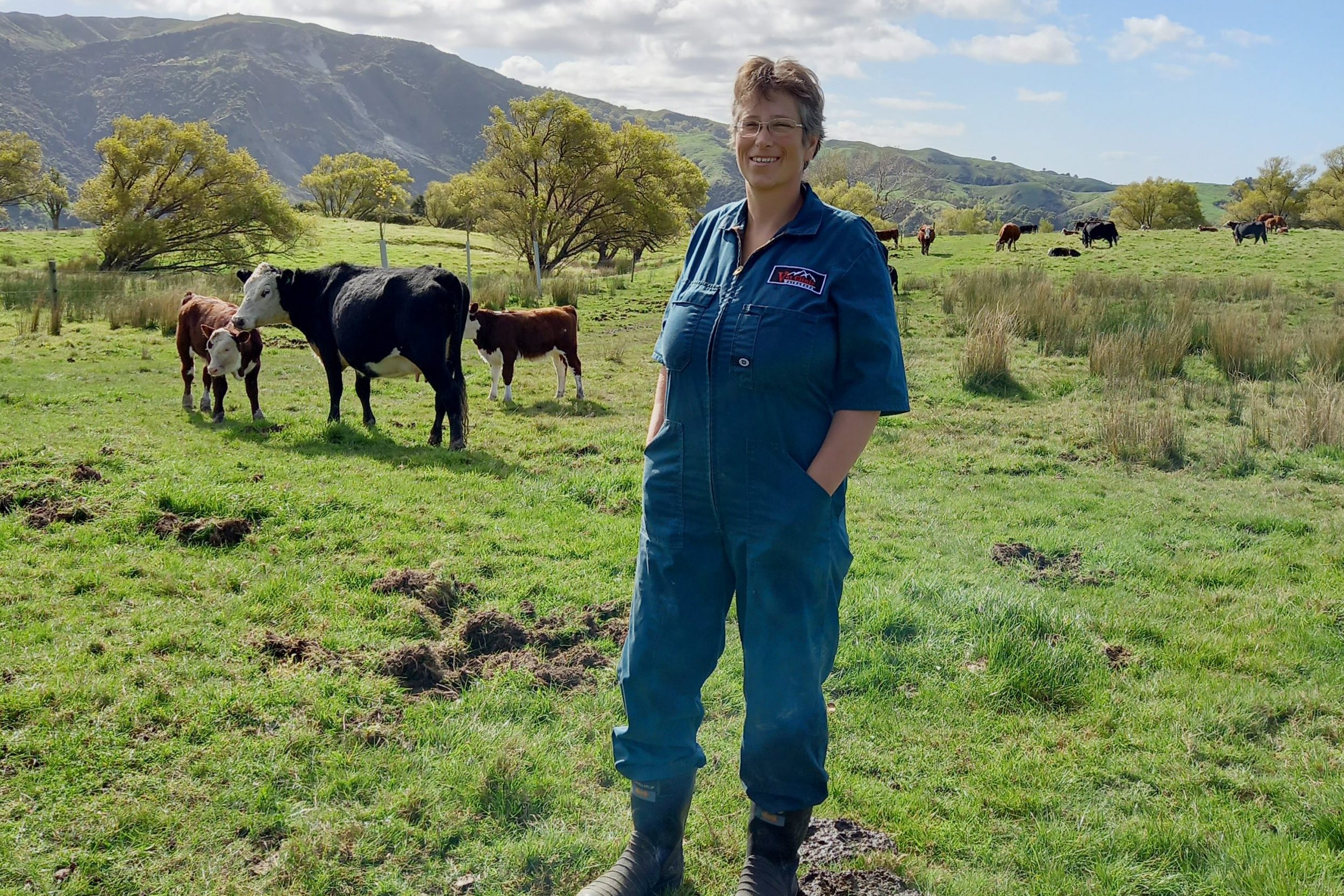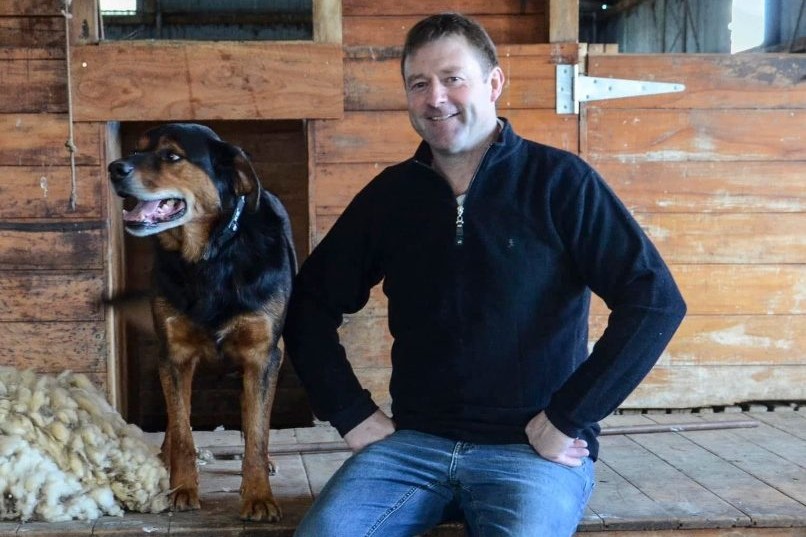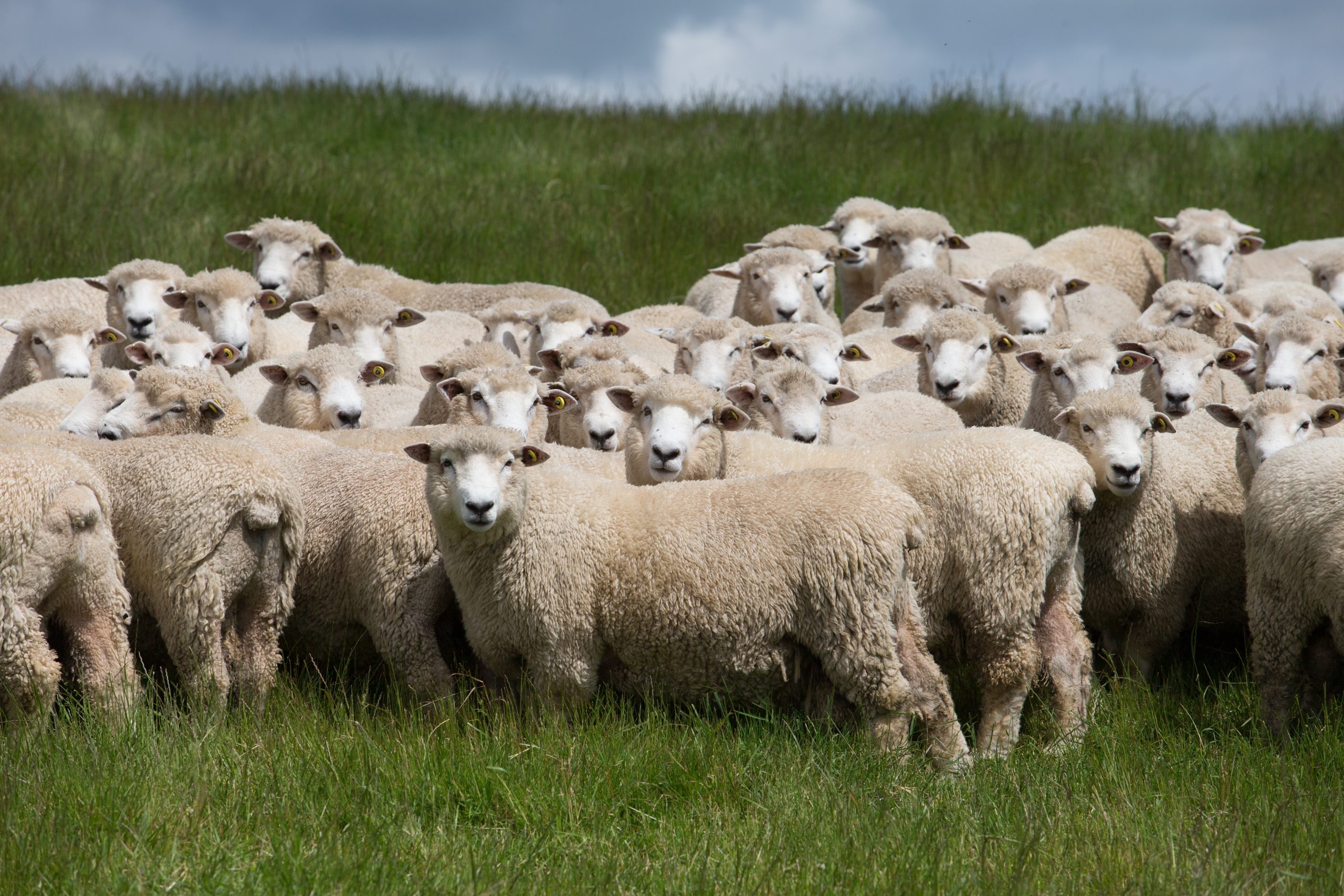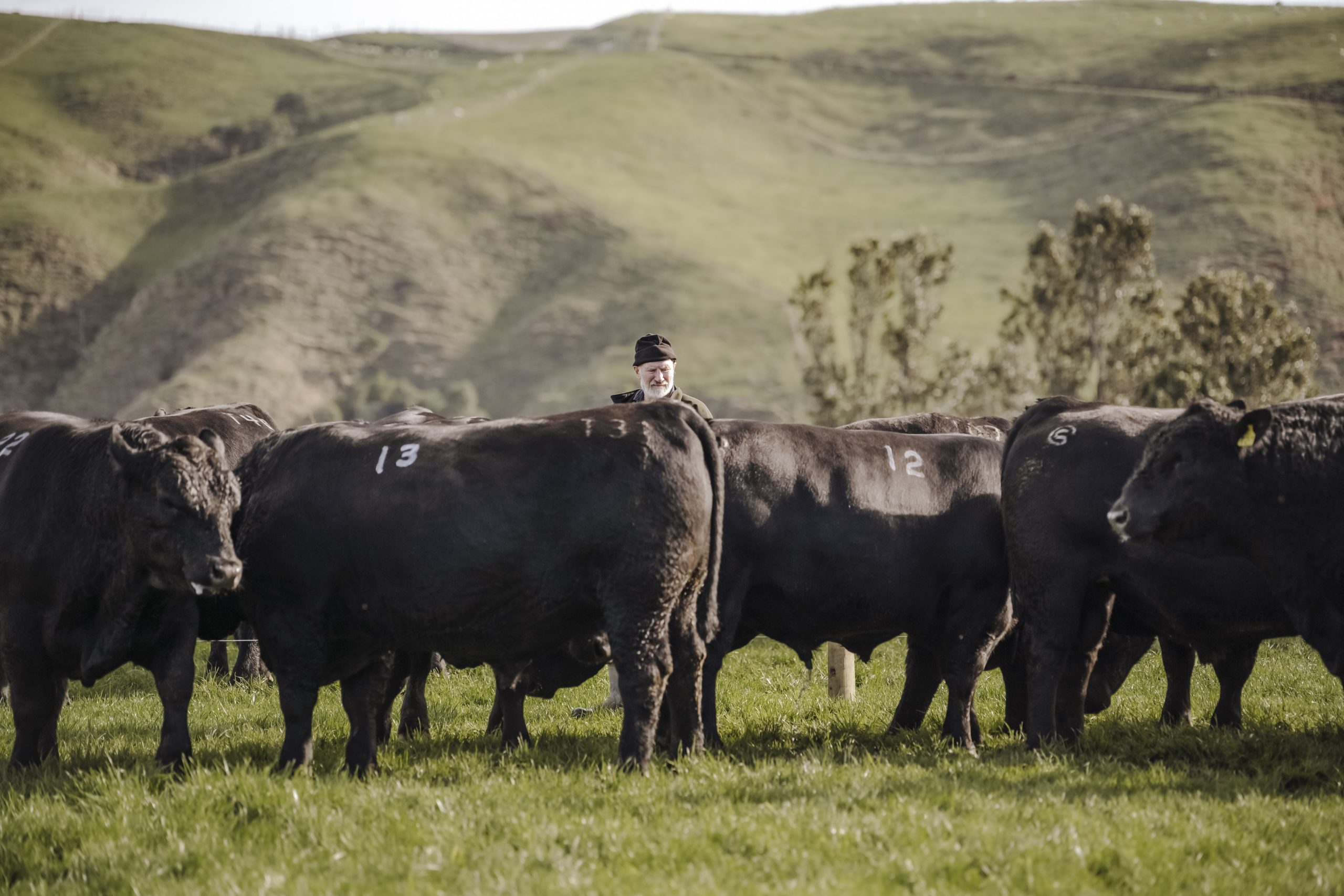Colin McKay
I recently read with interest the Country-Wide January 2020 article titled “Stick to what you know” covering the Bremmers family farming operation in the lower North Island. It is always a pleasure to read of successful, enduring farming operations based on a sound knowledge of the local environment and markets.
However I was somewhat surprised at the practices employed to protect the ongoing sustainability of the livestock fattening programme in face of the challenge posed by drench-resistant parasites. This challenge is acknowledged by the Bremmers, however I believe the programme they are following to protect their business could be improved upon.
Key changes could include:
- Determine the drench resistance status of the breeding and lamb fattening properties by conducting faecal egg count reduction tests. Drench resistance status cannot be measured by eye, only by laboratory testing. A 2010 study conducted by AgResearch at Flock House showed that the carcase value of lambs drenched with a less than fully effective drench was 14% lower than those treated with a fully effective product over a six-month period, despite there being little or no obvious visual difference in their appearance. Working from a knowledge base of the true resistance situation is an essential part of developing an effective roundworm control programme.
- The Bremmers are very selective where they purchase lambs to fatten – the drench resistance status of the properties they source young cattle and lambs from could be sought, therefore allowing decisions to be made to lessen the risk of importing “bad” worms.
- Cease using Cydectin as a quarantine drench. Data from Gribbles Veterinary (Vet Script, June 2018) showed that 50% of North Island farms that tested moxidectin in faecal egg count reduction tests had moxidectin resistance in at least one parasite. Current Wormwise recommendations are that quarantine protocols should, at the least, include one treatment containing one of the newer novel drench active ingredients.
- If appropriate, taking into account the results of resistance testing, incorporate the use of triple drenches sooner rather than later. Computer modelling conducted by AgResearch has shown that the most benefit from using combination products is gained when resistance to the actives in the combination is of low frequency.
- Consider implementing parasite refugia principles (if not already doing so). The current focus on good feeding, cattle:sheep stocking mix, and regrassing could allow management of a parasite population in refugia without significantly compromising productivity.
As stated in the article, drench resistance poses a significant threat to sheep farming. Knowledge of the management of resistant parasites and recommendations are continually evolving, therefore I would strongly encourage all sheep farmers to read the updated Wormwise Handbook (July 2019) to keep abreast of current thinking or better still attend a Wormwise workshop.
- Colin McKay is technical services manager with Elanco Animal Health.




